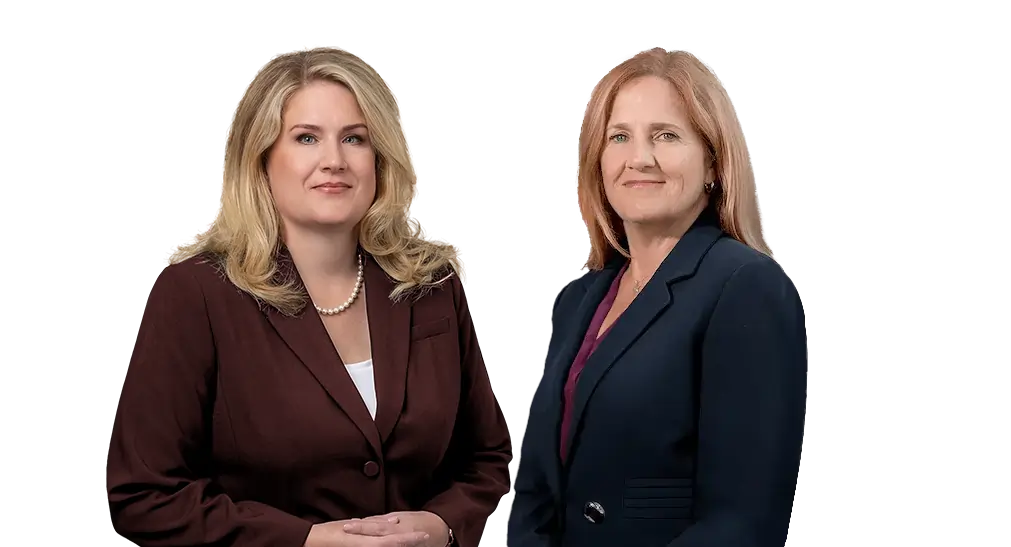Equitable Treatment For Female Athletes Under Title IX
CONTACT US NOW FOR A CONSULTATION
![Gender equality attorney]() Is Your College Treating its Female Athletes Equitably?
Is Your College Treating its Female Athletes Equitably?
Through Title IX of the Education Amendments of 1972, federal law mandates that “equal opportunity” be afforded to men and women in all education programs and activities – including athletics – if the school receives any federal funding. Sounds good, right? But what does “equal” mean? And how close are we in American higher education to meeting that goal? And at a practical level, how can you tell if your school is complying with the law?
While far more women are participating in college athletics now than in 1972, we still have quite a way to go before the opportunities provided to women are actually proportional to their population on college campuses (which is one of the standards set by the law to determine equal opportunity). So how are we doing overall – and how is your school doing?
The most current figures available from the National Center on Education Statistics show that as of 2013, women comprise 56% of American undergraduates. Yet, they represent only 43% of college athletes. And while expenditure differences alone do not necessarily mean a school is out of compliance, it’s interesting to note that as of 2012, Division I Football Schools typically spent around 28% of their total athletic dollars on women athletes. Approximately 31% of recruiting dollars went to women’s programs. And only 42% of athletic scholarship dollars went to women.
As set forth by The U.S. Department of Education’s Office for Civil Rights, Title IX’s implementing regulations list 10 factors that colleges and universities must take into account to determine whether they are providing “equal opportunity” in both men’s and women’s athletic programs.
- Whether athletic interests and abilities are equally accommodated
- Whether equipment and supplies are equally available
- The scheduling of games and practice times
- Allowances for athletics-related travel and per diem expenses
- Provision of equal opportunities for coaching and academic tutoring
- The assignment and compensation of coaches and tutors
- Provision of locker rooms and practice facilities
- Availability of medical and training facilities and services
- Availability of housing and dining services
- Publicity given to programs and teams
To be sure, Title IX is complex in its application. Indeed, it can be hard to determine if your school is treating its women athletes fairly under the law. For example, while it may, on its face, appear that schools have the number of sports opportunities for females proportional to their enrollment, some of the sports may not qualify as varsity level teams even if they are called “varsity”; and some of the opportunities for females may be double-counted – for example, when a school claims an activity is two programs when it is really one (such as cross-country and track where the same athletes participate in both programs).
As with any federal (or for that matter state or local) law, the details are what matters. It takes a “close reading” of the statute and regulatory language – in conjunction with the specific facts and data of your school’s circumstances – to know whether there are grounds to bring a complaint (either informally or through legal action) against your school.
If you suspect your school is out of compliance, we can help. As an undergraduate at UCONN in 1977, Attorney Duffy brought action against the school under the then-still-new Title IX law to compel the creation of its women’s varsity soccer team. She helped build the team, became its captain, was named a first-team All-American, and was selected to be on the first U.S. National Team. She then went on to serve as the head coach of the Yale women’s soccer team for ten years before going to law school and eventually becoming a federal prosecutor. Since opening her private practice in 2015, Felice has focused on Title IX, College Conduct Code, and Civil Rights law and the many ways these interrelated areas of law play out on college campuses across the country.
